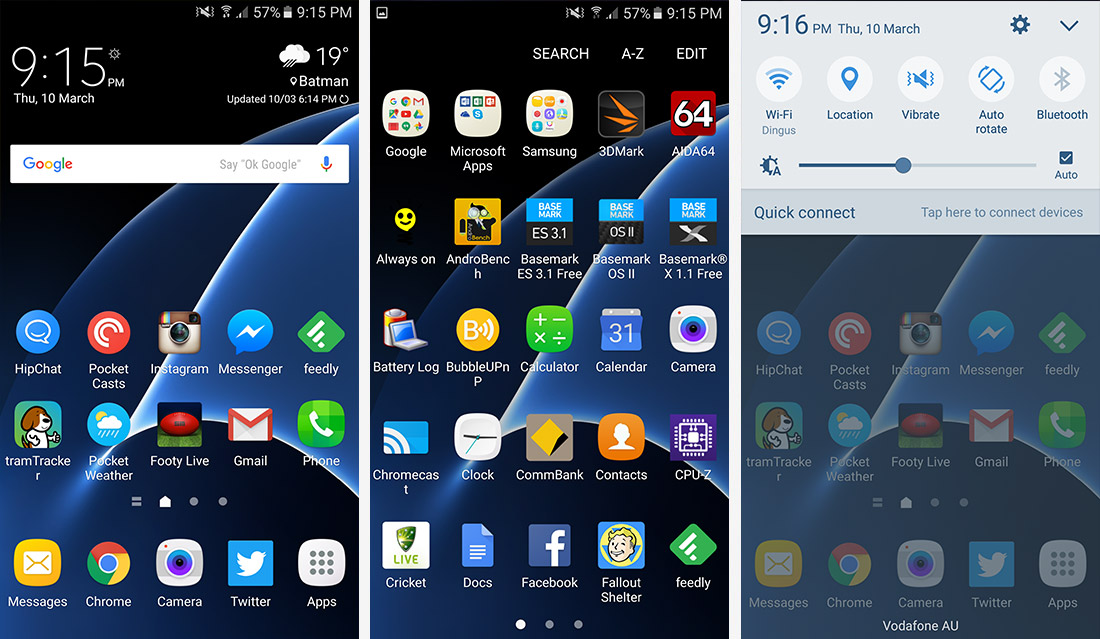Most semi-tech savvy smartphone users will tell you that closing all of the "open" apps on your device will lead to better battery life. As it turns out, the practice is little more than a common misconception according to Android and iOS experts.
Quartz technology reporter Mike Murphy recently asked Hiroshi Lockheimer, SVP of Android, Chrome and Chrome OS, if closing apps on Android helped with battery life. Lockheimer replied earlier today, pointing out that Android is optimized for managing what's running and that messing with it would just cause more "thrash."
Thrash, in the context of storage, refers to overworking a storage medium by excessively moving information between a device's physical system memory and virtual memory. Or as Murphy concludes, frequently closing apps for no reason may actually slow down your device.
@mcwm @MarcusDPK @pierce @qz in general better to let the system do its job; it was designed to manage running apps so you don't have to
--- Hiroshi Lockheimer (@lockheimer) March 14, 2016
Just to clarify, Murphy asked Lockheimer if it was better to just leave everything open (assuming an app hadn't crashed). The Android expert said the system was designed to manage running apps so you don't have to and that yes, it's better in general to let the system do its job.
Does the same hold true for iOS? Here's what Apple's head of software, Craig Federighi, had to say on the matter.
A 9to5Mac reader recently e-mailed CEO Tim Cook, asking if he quit his iOS multitasking apps frequently and if it's necessary to help with battery life. Federighi replied to the message (the headers were verified, the publication says) and in short, he said "No and No."
So there you have it. Unless you have an app that has crashed or is otherwise causing problems, there's no benefit (and maybe even some harm) to force-closing apps.
